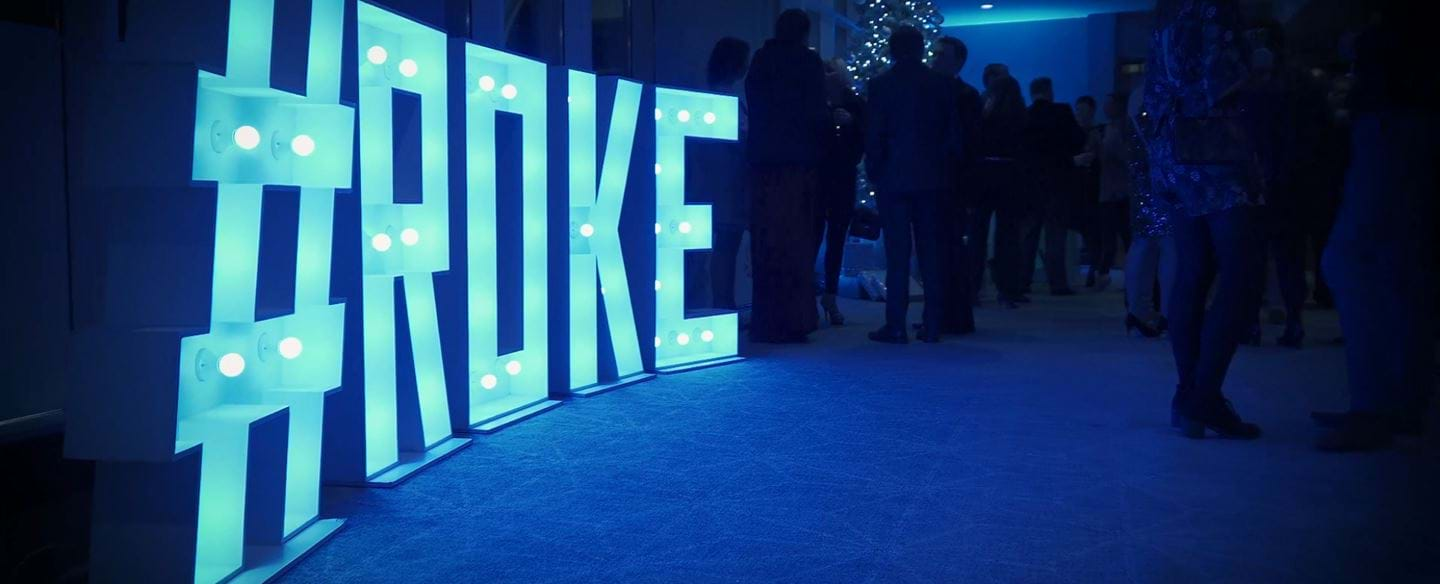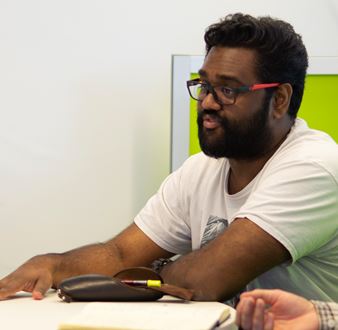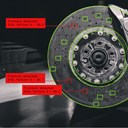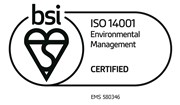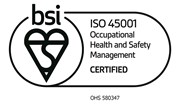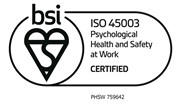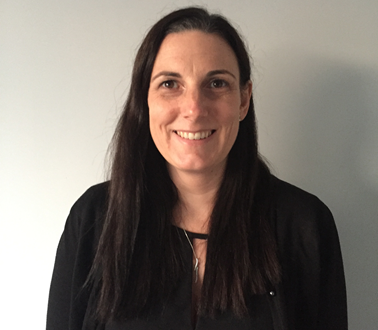
Roke meets
Lynsey
Lynsey, one of our senior consultants, is helping customers unlock value with the development of the latest law enforcement tools and technologies. We caught up with Lynsey about her time in the Metropolitan Police, her experience working with other law enforcement agencies and how she’s now using her on the job knowledge to become a trusted partner for our customers.
Hi Lynsey, what was it like working with the Metropolitan Police Service?
Someone once said to me that I knew the Metropolitan Police Service (MPS) too well. I think it was meant as a compliment, and for me it’s more than just good knowledge - understanding the organisation you’re helping to transform can only be a good thing. I worked for the MPS for nearly 20 years, initially in a back-office support capacity, enabling patrol officers to carry out their daily tasks effectively, before moving into the Criminal Investigation Department (CID), supporting detectives, followed by time with the Borough Intelligence Unit (BIU) analysing volume crime and local level offences, such as drug dealing and arson. I also began to focus on the Home Office initiative of “Designing Out Crime”, supporting crime prevention officers in gathering local intelligence to stop crime pre-emptively. As my career progressed, I moved into analysing serious and organised crime at an organisational level, developing my skills with communication data.
You’ve also worked alongside other law enforcement agencies. Tell us more about that partnership?
It was vital for the MPS to work closely with the forces it shared borders with to create a cohesive law enforcement network to better serve and protect the public. I moved to regional policing as part of the London Region and worked on cross border offences, collaborating with other forces and law enforcement agencies such as HMRC and UK Border force. This in turn led me to assisting the confidential unit working alongside the National Crime Agency (NCA).
How did you go from communications data to business analysis?
Having taken my career in intelligence as far as I could within the constraints of the MPS, I was keen to develop my skills in business analysis. I joined the transformation directorate within the organisation, bringing my varied experience and knowledge of different business areas to the task. The transformation directorate has the portfolio of change for the MPS, covering projects such as streamlining leadership, smarter working and strengthening local policing. The aim being to save money by increasing efficiency. My analytical skills and insight into operational policing added value, as many of my colleagues working within this area had limited or no direct experience. My main focus during this time was smarter working. This involved collaborative working with Digital Policing to design, develop and issue officers with mobile devices to enable new ways of working. Given the MPS is the largest employer in London, it was important to support the business change through a massive transformation in culture.
How are you applying your skills to help our customers at Roke?
Since leaving the MPS I’ve been able to turn my knowledge, experience and skills into valuable assets for Roke as a senior consultant. I enjoy working alongside like-minded people, experts in their fields who also share a common goal to improve the world through innovation. Every day at Roke I can make use of my policing experience, particularly when working with law enforcement to support and develop the communications data and intelligence products that help them solve crimes and save lives. Technology is constantly evolving – developments in ICR trials, 5G and IPv6 mean it’s vital for the MPS and other law enforcement agencies to stay ahead of the curve. Roke can help them better understand how to work with these technologies as they’re adopted. We are at the forefront of the sea-change affecting national security, and consultants like myself are able to advise our customers how to turn that technology to their advantage.
